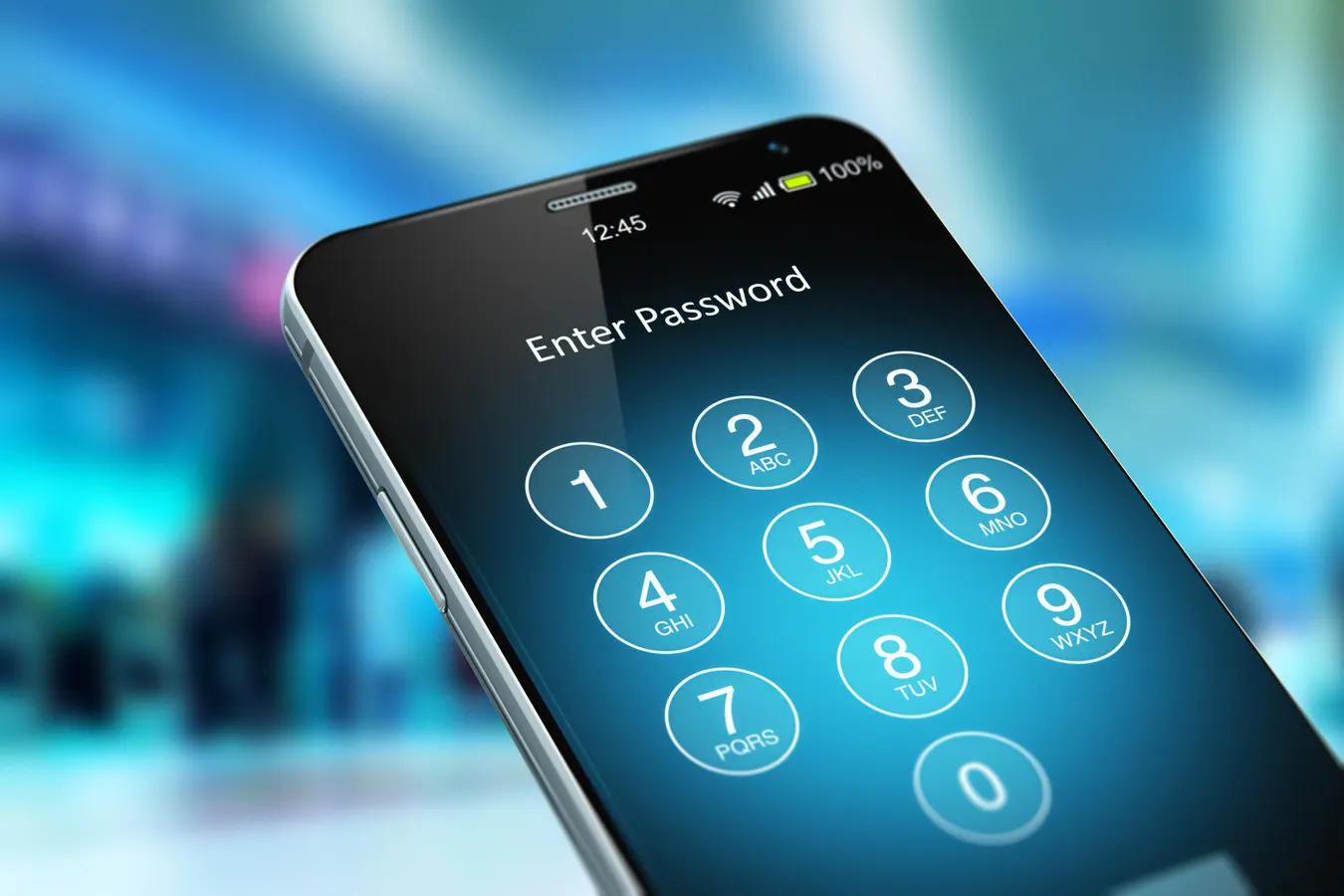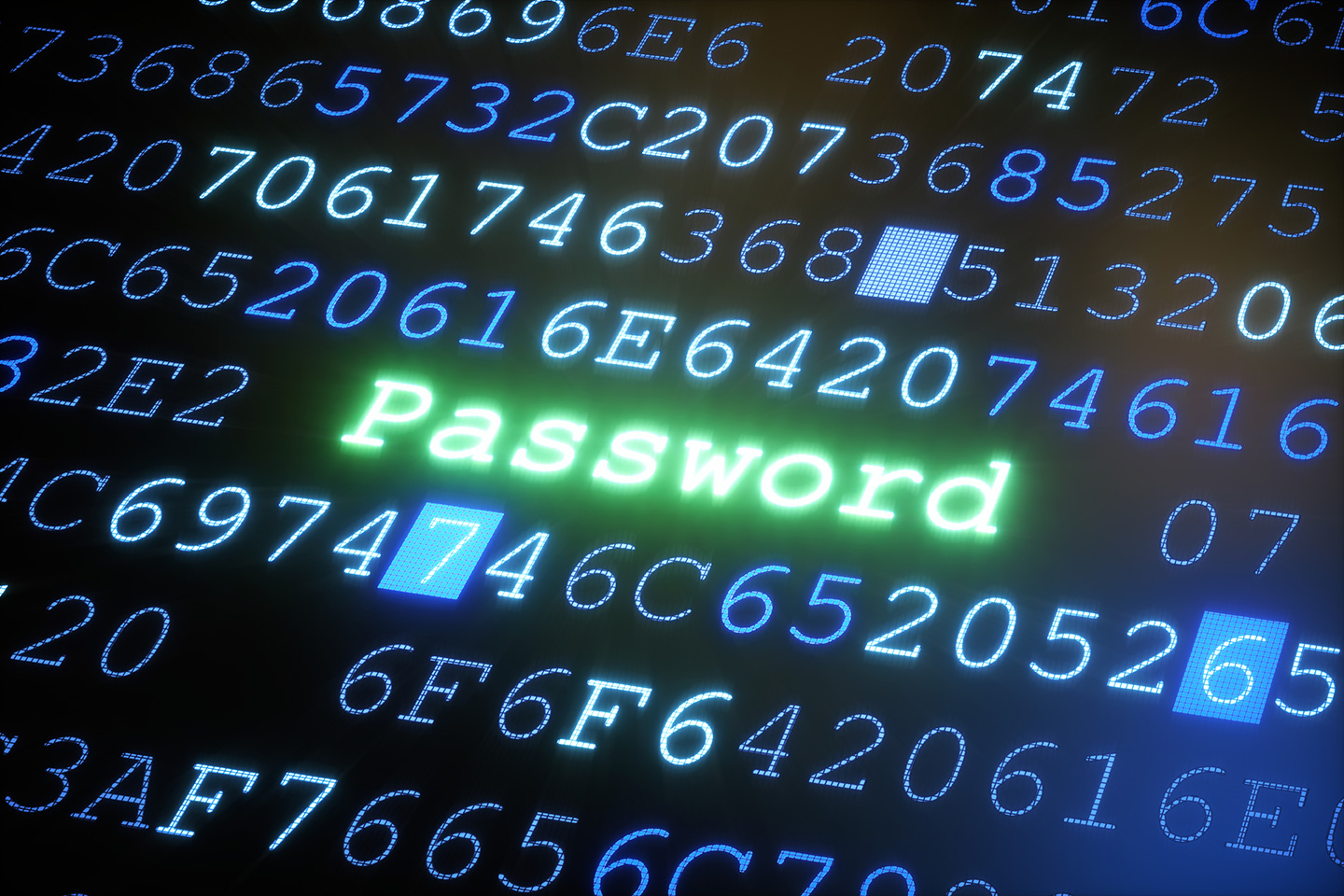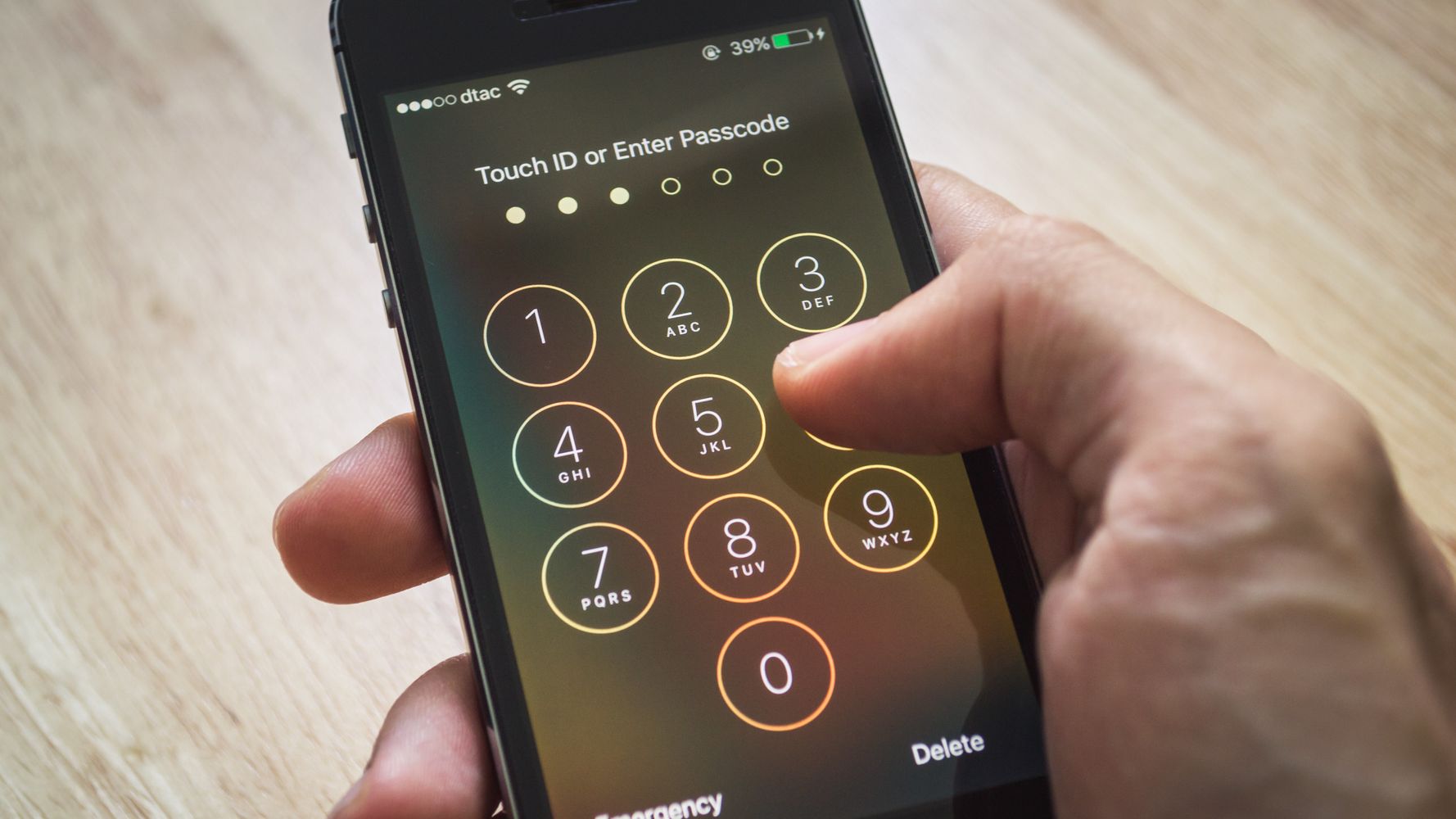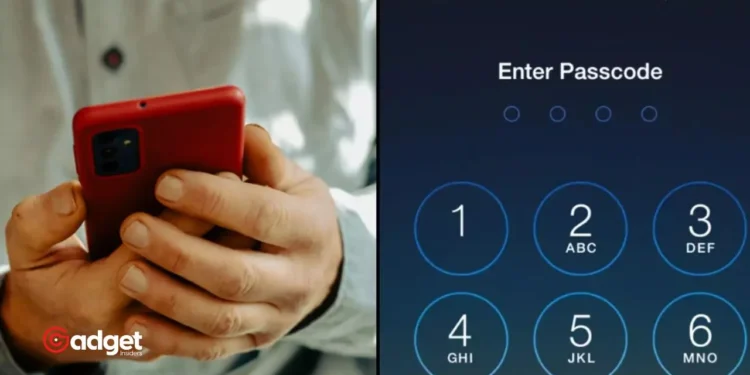In an era dominated by digital connectivity, smartphones have transformed into veritable vaults for our data. From cherished photographs and confidential messages to sensitive financial information, our phones hold secrets too valuable to risk. Yet, despite their significance, many users may be unwittingly compromising their security with easily guessable PIN codes.

Common PINs: A Gateway for Hackers
The humble PIN code, often just four or six digits long, is the first line of defense against unauthorized access. However, recent findings from a collaborative study by Ruhr University, the Max Planck Institute for Security and Privacy, and George Washington University reveal alarming trends in the choice of PINs for your smartphones.
The research underscores a disconcerting preference for predictable number combinations that could leave millions vulnerable to cyber threats.
Markus Dürmuth, a leading researcher in the study, expressed concern over the common misconceptions surrounding PIN security. “It seems that users currently do not understand intuitively what it makes a six-digit PIN secure,” he explained. This misunderstanding leads to the frequent selection of PINs that, while easy to remember, are equally easy for hackers to guess.
Read more:
Smartphone users warned over most commonly used and unsafe PIN numbers as yours may be on listhttps://t.co/dhOuEygmXR
— LADbible (@ladbible) June 3, 2024
The List of Least Secure PINs
To highlight the risk, researchers have identified and published a list of the most dangerous PINs frequently used by smartphone owners. These include overly simplistic and sequential numbers such as:
Four-Digit PINs to Avoid:
- 1234
- 0000
- 2580 (a straight line down the keypad)
- 1111
- 5555
- 5683
- 0852
- 2222
- 1212
- 1998

Six-Digit PINs That Compromise Your Security:
- 123456
- 654321
- 111111
- 000000
- 123123
- 666666
- 121212
- 112233
- 789456
- 159753
Enhancing Your Smartphone’s Security
While PINs offer a basic level of security, the study advocates for a more robust approach: the use of alphanumeric passwords. Combining letters and numbers in unique formations significantly enhances security, making it harder for potential intruders to gain access.
Moreover, experts recommend avoiding obvious choices like birthdays or anniversaries, common knowledge that could easily be exploited by someone looking to breach your device.

In today’s digital age, safeguarding our smartphones is not just a recommendation; it is imperative. By choosing stronger, less predictable passwords, we can protect not only our personal information but also maintain the integrity of the digital lives that we so heavily rely on.










